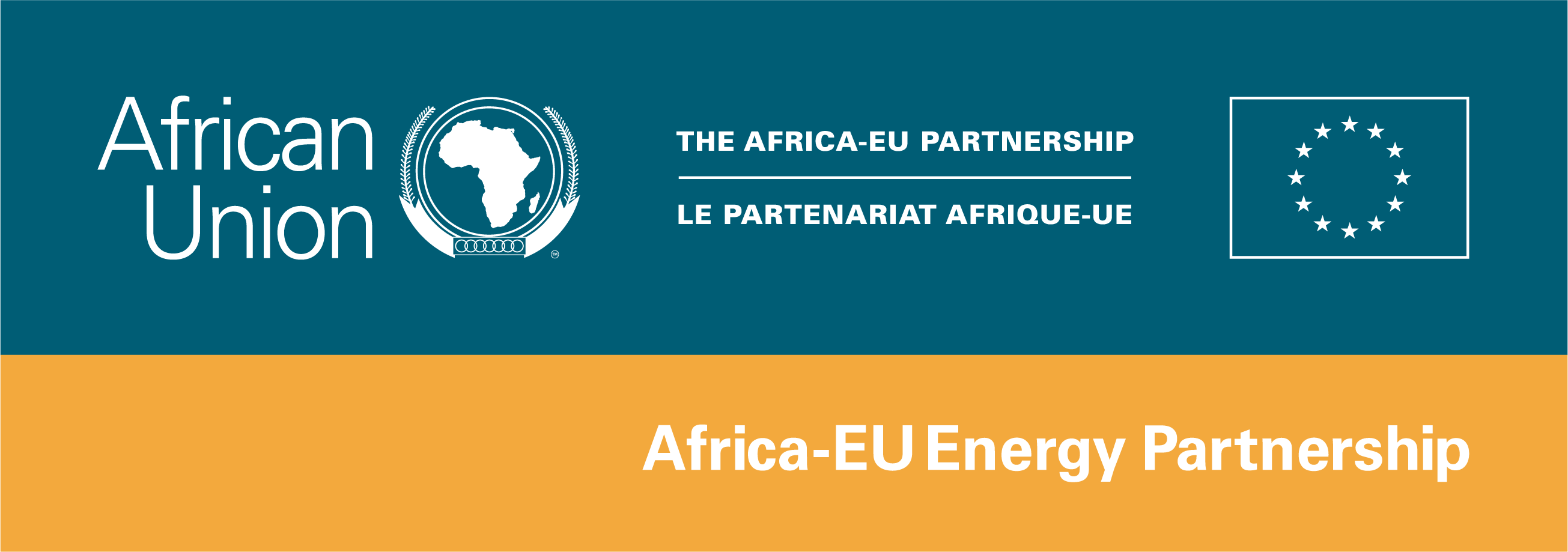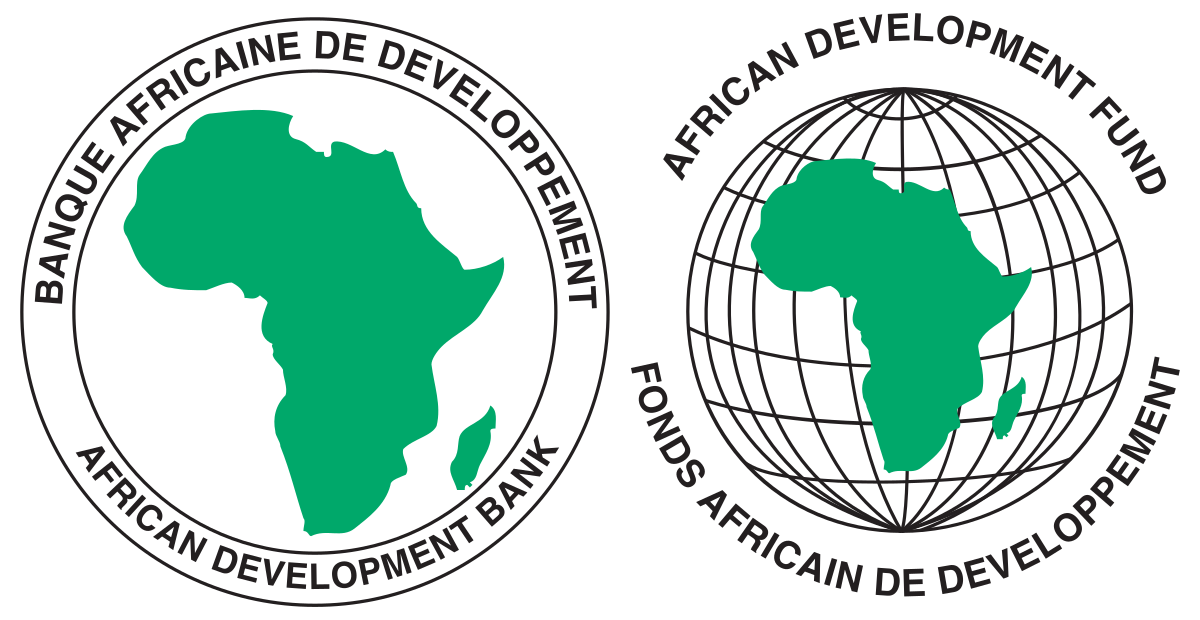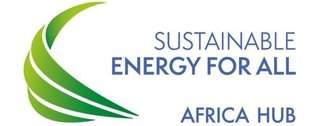Description
Climate change is causing unprecedented variations in the frequency and magnitude of extreme weather events: floods, droughts and heatwaves. How African countries prepare for and manage these extreme events would be fundamental to the performance of their economies and realisation of their development aspirations as embodied in various national development plans, the United Nations 2030 Agenda for Sustainable Development and the African Union’s Agenda 2063. Another critical factor is how the continent responds to its increasing need for access to adequate, secure and reliable energy services to industrialise, trade, provide better health and education services, reduce poverty and increase inclusion, boost economic growth and cater for population growth, a growing middle class, increasing urbanisation and climate change.
To address these challenges and spur inclusive and resilient economies in Africa requires new and innovative approaches to leverage limited public resources against a background of competing demands for resources to mobilise the needed investments, particularly from the private sector. The Economic Commission for Africa
(ECA) conceived the SDG7 Initiative for Africa to achieve this. The initiative is a mechanism built on three pillars – sustainability, governance and finance – to bring together countries, financiers and developers of clean-energy projects to align interests and combine scale and speed to fast-track financing from the private sector for the deployment of clean energy in Africa. The initiative provides the mechanism through which the private sector can play a crucial role in supporting countries to close their energy-access deficits, meet increasing energy demands and contribute to climate action and ambition through enhanced Nationally Determined Contributions to climate action (NDCs) in terms of the Paris Agreement. The initiative aims to crowd in financing from the private sector for over 10 GW of renewable electricity capacity in Africa by 2025 in the first instance, leveraging on world-renowned expertise of financiers, project developers, regional development banks and financial institutions, national sovereign funds, and leading national renewable energy companies, among others.
Main Objectives
Main Activities
Outcomes and Impact
Negotiations involved
Type of Intervention
Type of Technical Assistance
Annual Budget (in millions)
Currency Used
Patnering Entities
Countries Active
Energy Sectors and Subsectors
Agenda 2063 Focus
Sources
The second ordinary session of the sub-committee on energy of the Specialised Technical Committee on Transport, Transcontinental and Interregional and Infrastructure, Energy and Tourism (STC-TTIIET), 30 Nov - 1 Dec 2020.
Verification Documents
Contact Person or Organisation





